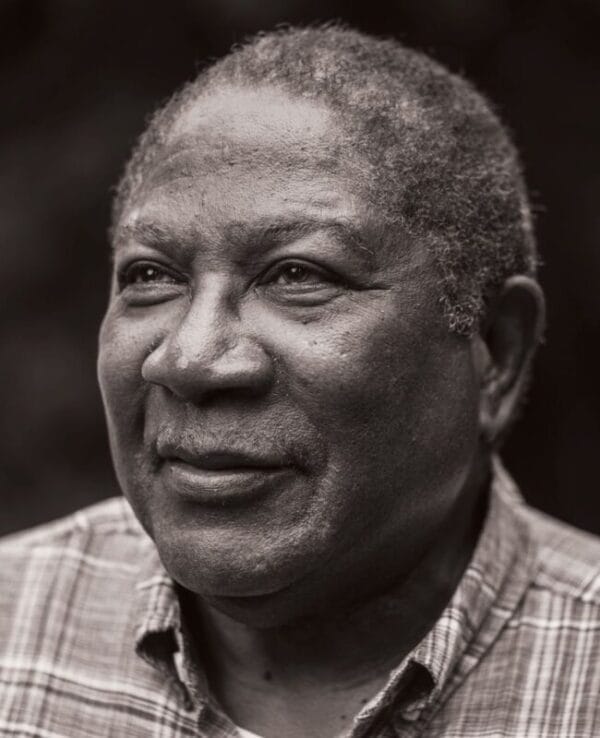When Eugene Aaron WG73 reached out to his former undergraduate counselor with thoughts of getting a business degree, the advisor recommended only one destination: the Wharton School. Earning an MBA was one step along a diverse career path that’s taken Aaron across industries and the globe: first to Germany and Vietnam in the U.S. Army, then to a finance position with DuPont, and finally 26 years of service in the State Department. During his time in government, Aaron specialized in foreign policy management in some of the world’s most turbulent countries, from Castro-controlled Cuba to post-coup Paraguay and finally Burkina Faso, where he was named deputy chief of mission. The 79-year-old spoke from his Maryland home about youthful mistakes, adjusting to retirement, and wisdom learned by driving a tank.
Early on, I was told to do the things that interest you most. You’re likely to be successful. That’s great advice, and I’ve passed it on to other people.
The idea of having mentors was new when I was young. People were mentoring me when I didn’t realize they were doing it.
Having worked at different companies, I realized that I needed to have an impact right away. You need to show your worth without waiting around, because people won’t wait around for you.
I’ve lived long enough to know that what you’re doing today, you may not be doing five years from now. Learn how other people manage change.
One of the first things the Army taught us was how to read a map. You do not want to be in a tank and get lost. So I don’t use GPS, and people are amazed I don’t need it to get where I’m going. When you get stuck in traffic, you need to know how to get out of the jam you’re in. In life, we make mistakes, and there are unforeseen problems. You have to draw on your knowledge to get out of that mess.
I was too self-assured early on. I should have taken time, even though I thought I knew all the answers, to listen carefully to what people were saying and not get ahead of myself.
In the State Department, you can’t get things done by yourself. You need your staff, local government, and an understanding of local rules and national policies. I was a generalist and needed expertise in a number of different areas.
I retired in 2009. The biggest adjustment was finding out how to use my time. Spending more time with family and friends and my church has been essential. And giving students advice on how to be successful.
I started photography at a young age. I ordered a camera from Sears for five dollars. I look back at some of those pictures, and boy, they’re terrible. But I kept going, and the first time I entered a photograph in a show, I won first prize.
When a job doesn’t work out, and you think, “Why didn’t I see this?” or “How did this happen?” — maybe you didn’t ask enough questions.
I’ve collected art from wherever I’ve traveled. When I retired, I took drawing classes and started painting. Creating art is such a rewarding experience.
I had prostate cancer and treatment in 2016. That’s when I started writing my memoir, Between Two Worlds. I wanted to capture some of the special experiences of life in the foreign service. I think the idea that we all have a good story in us has a lot of merit.
Good friendships are an anchor. I don’t feel lonely because I have friendships that extend over almost my whole life. Friends and family — there’s no substitute for that.
I have some sense of accomplishment in my career. To get where I am now, be economically secure, and maintain relations with alumni, old friends, new friends — for me, that’s success.
Published as “Eugene Aaron WG73” in the Fall/Winter 2023 issue of Wharton Magazine.


























